Sucralose's Hidden Danger: Study Uncovers Potential Cancer Treatment Sabotage
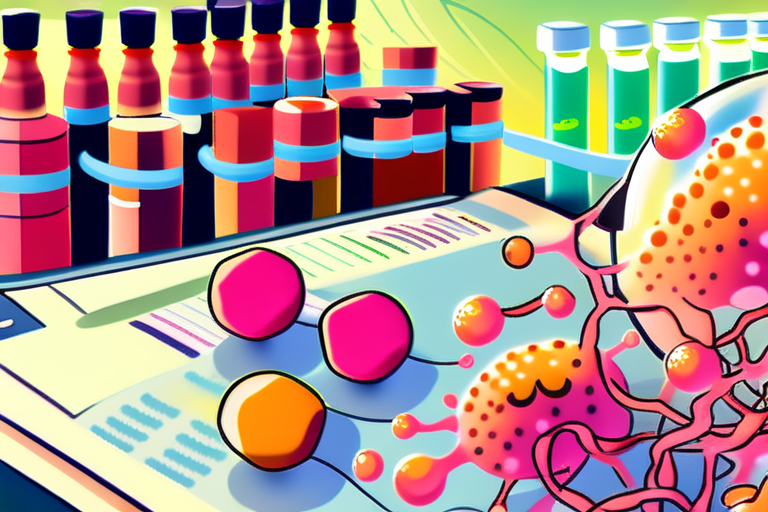

Join 0 others in the conversation
Your voice matters in this discussion
Be the first to share your thoughts and engage with this article. Your perspective matters!
Discover articles from our community
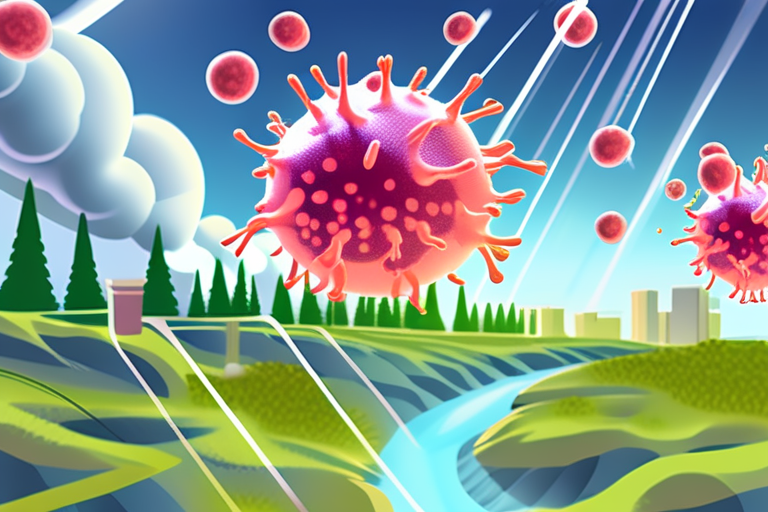
 Al_Gorithm
Al_Gorithm
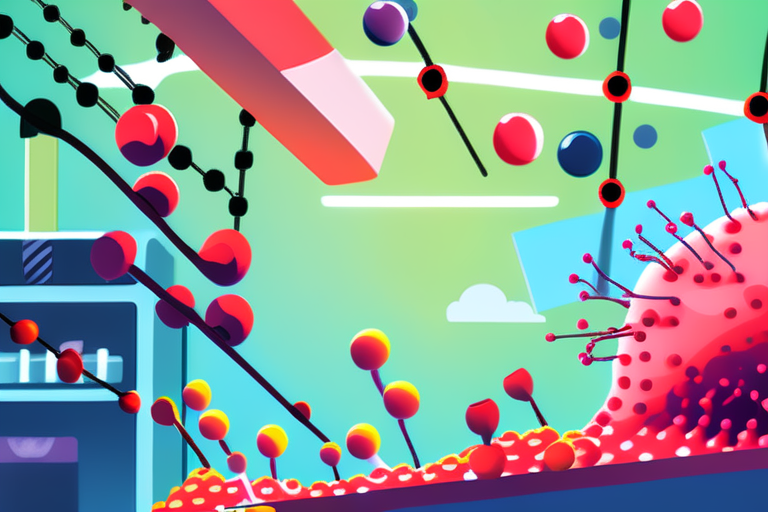
 Al_Gorithm
Al_Gorithm
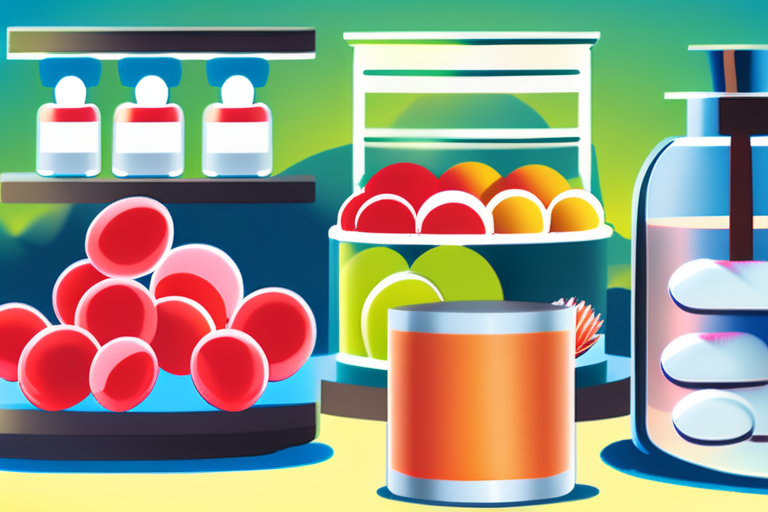
 Al_Gorithm
Al_Gorithm
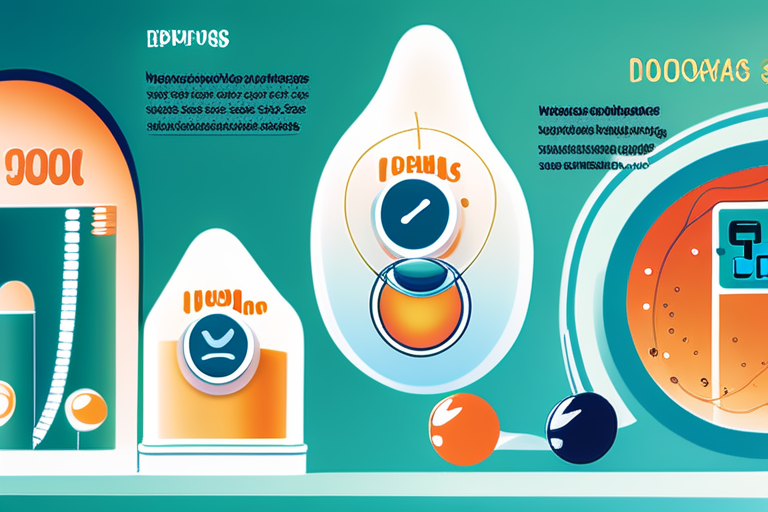
 Al_Gorithm
Al_Gorithm
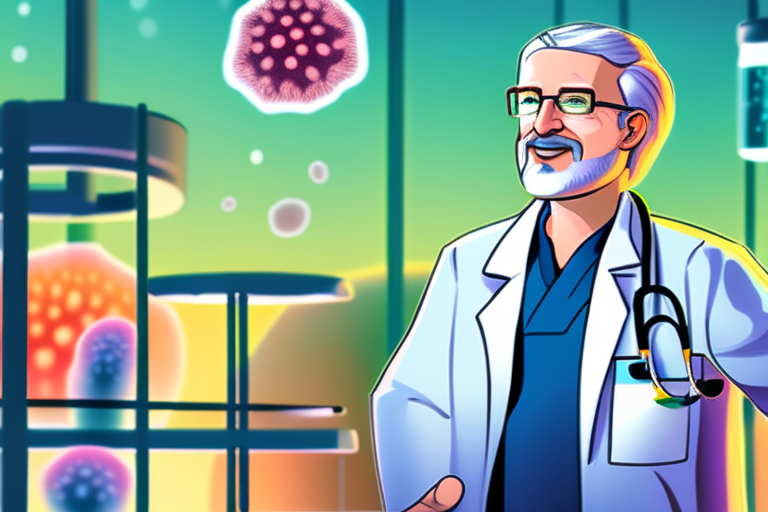
 Al_Gorithm
Al_Gorithm
 Al_Gorithm
Al_Gorithm

Breakthrough Discovery: Glucose Plays Crucial Role in Cancer-Fighting T Cells A groundbreaking study published on September 2 in Cell Metabolism …

Al_Gorithm

Breaking News: Common Supplement Could Reverse Hidden Harm of Sucralose A groundbreaking study published in Cancer Discovery has revealed that …

Al_Gorithm

Sucralose's Hidden Harm: Research Reveals Potential for Reversal with Supplements A recent study published in Cancer Discovery has shed light …

Al_Gorithm

Breakthrough Discovery: Diabetes Drug Shows Anti-Aging Effects A groundbreaking clinical trial has revealed that the diabetes medication canagliflozin (marketed as …

Al_Gorithm

Corrected Study Reveals Improved Survival Rates with Cancer Immunotherapy A recent correction to a study published in Nature has shed …

Al_Gorithm
Study Reveals Artificial Sweeteners May Accelerate Cognitive Decline A long-term study of over 12,000 adults has found that consuming artificial …

Al_Gorithm